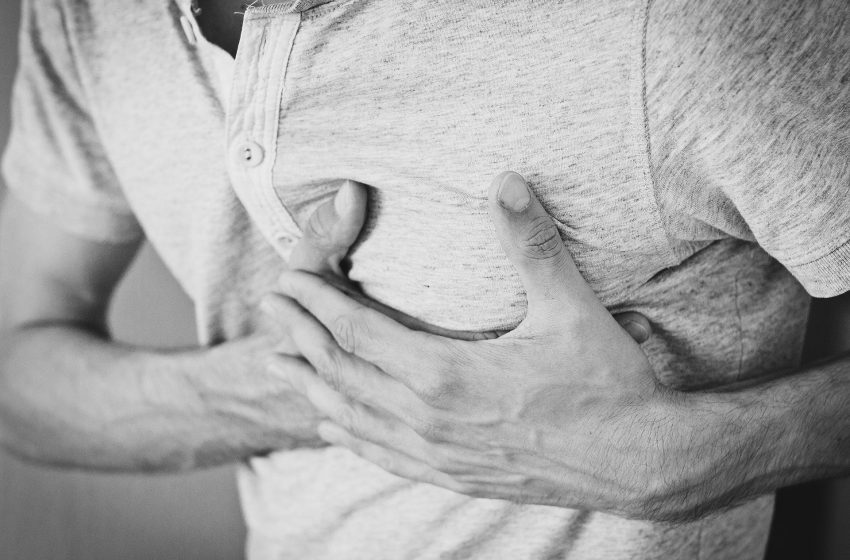
What are the complications of heart attack?
Heart attack or myocardial infarction, even with treatment from Best Cardiologist in Karachi is not without long-term complications. Heart attacks occur due to occluded blood supply to the muscle of the heart and can be life-threatening if this damage is extensive. Read on to know more about heart attack and its complications:
What are the complications of heart attack?
The potential complications of heart attack include:
- Arrhythmias: abnormal electrical signaling of the heart secondary to muscle damage causes irregularities in heart-beat, making it unable for the heart to pump sufficient blood to the body. Without prompt diagnosis and treatment, arrhythmias can be fatal.
- Kidney damage: kidneys are extremely sensitive to changes in blood pressure and oxygenation. With myocardial infarction, the kidneys are in distress and can undergo acute failure. With kidney damage, there is fluid overload in the body and this puts more stress on the heart—a vicious cycle, therefore, ensues.
- Heart failure: damaged heart muscle after myocardial infarction is unable to pump blood to the body, with consequent fluid buildup in the lungs and the extremities. This condition is referred to as heart failure.
- Pericarditis: another complication of myocardial infarction is Dressler syndrome or pericarditis—a condition with inflammation of the cardiac sac. Dressler syndrome occurs due to cardiac injury and faulty immune system.
- Cardiac arrest: in cardiac arrest the heart suddenly stops without warning, secondary to changes in the signaling of the cardiac muscle. The risk of cardiac arrest rises exponentially in myocardial infarction, especially without immediate treatment.
How is heart attack prevented?
The cliché that prevention is better than cure holds true even for heart attacks, and it is never too late to take measures for this prevention. Few steps that can help prevent heart attacks include:
- Eating healthy: you are what you eat! Therefore, eating right is the baseline that forms a healthy lifestyle. A diet rich in omega-3 fatty acids, proteins and healthy fats helps to prevent heart attacks.
- Exercise: the risk of myocardial infarction reduces significantly in individuals who exercise regularly and quit unhealthy habits like smoking.
- Get regular checkups: for individuals suffering from chronic conditions like hypertension, diabetes and hyperlipidemia, getting regular check-ups and taking the medication as directed by the healthcare provider is a must to prevent heart attacks and to improve heart health.
What are the treatment options?
With every passing minute without treatment, more heart muscle is damaged. Therefore, urgent treatment is mandated in heart attack. The medications for treatment include:
-
- Aspirin: this over-the-counter drug is used not only for the management but also the prevention or prophylaxis against heart attack. Aspirin binds irreversibly with platelets and prevents the clotting that interrupts the blood supply of the heart muscle. Healthcare providers in the emergency room give aspirin immediately in suspected heart attacks.
- Blood-thinners: in non-ST elevation kind of myocardial infarction, other blood thinners like heparin are preferred. Heparin is given through subcutaneous injection or IV.
- Clot busters: fibrinolytics or thrombolytics are drugs that bust the clot that has formed in the blood vessels or the coronary vasculature. These drugs are to be given in a certain time frame, and the earlier the drug is given, the lesser the heart damage.
- Nitroglycerin: nitrates are drugs that dilate or widen the blood vessel to improve the blood flow to the heart. Because of this property of nitroglycerin, it is also used to treat angina or heart pain, as well.
- Beta blockers: these drugs lower the heart rate, and thus the oxygen consumption of the heart. This can limit heart damage and play a protective role in future heart attacks.
- Morphine: for chest pain due to muscle damage of the heart, morphine is used as the pain reliever.
- ACE inhibitors: these drugs lower the stress on the heart by lowering blood pressure.
- Statins: for long term control of blood cholesterol, statins are prescribed by experts like Dr. Mueen Ahmed Raja.
Read also : BUY A .NL DOMAIN NAME FROM HOSTBILLO FOR YOUR WEBSITE
